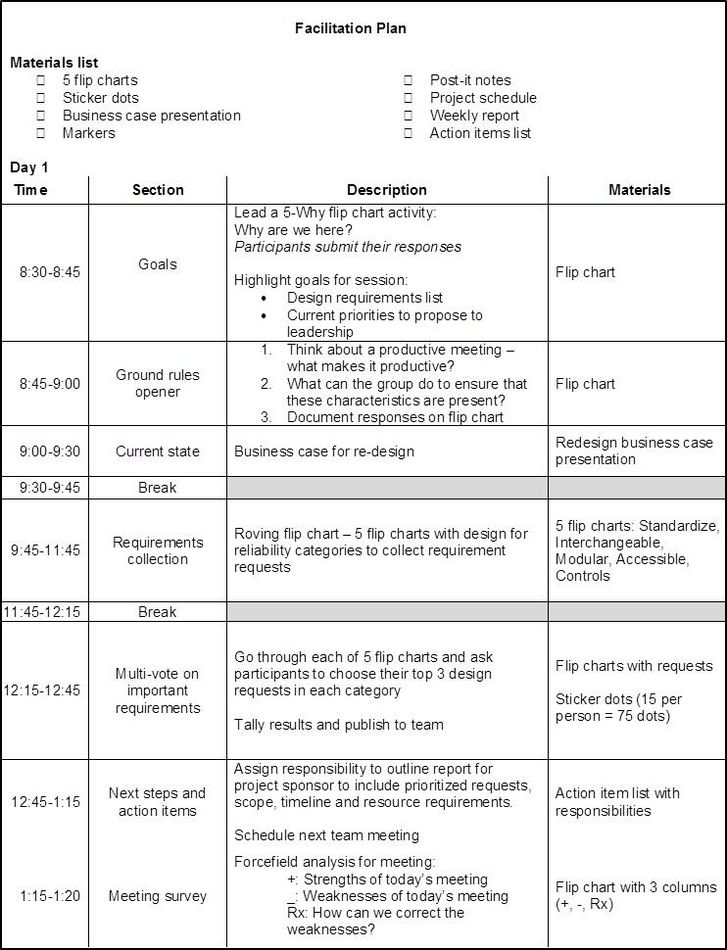Only YOU Can Prevent Project Apocalypse!
By Tara D. Holwegner and Sherri Large, Life Cycle Institute
Okay, okay. So the example in the video was a bit extreme! Many factors are at play when it comes to project success. While required meetings make up a small part of the overall project activities, they can have a big impact on the cost, schedule and scope of the project.
We’ve all had project meetings that start off with momentum to complete a specific action item. After a litany of meeting waylays, this same meeting ends with a halting “Wow. We still aren’t there. We need to schedule another meeting.” These unnecessary follow-up meetings delay your project, costing time and money. Not to mention the toll these meetings can take on stakeholder engagement (or disengagement).
Another common meeting pitfall is going off topic. Sometimes the organic development of ideas is good and fits with the meeting purpose; other times topic meandering can lead to uncontrolled changes to the project, resulting in scope creep.
These events can be referred to as “project apocalypse.” Project apocalypse occurs when your meeting fails to meet its objectives. The snowball effect of these small fails has the potential to delay progress, which costs the project time and money. Further, projects that extend beyond their baseline cost, schedule and scope can have a negative impact on the organization, especially in the case of large-scale initiatives.
What can be done to avoid project apocalypse? Incorporating a meeting facilitation strategy and plan can prevent common problems and steer meetings into productive, results-producing events. Facilitation strategies are proactive in nature – they work to ensure productivity, time management and organization of the meeting.
A facilitation strategy has three parts:
- Opening
- Process
- Closing
The opening is how you begin your meeting. It gets everyone on the same page quickly and motivates stakeholder participation. The process is how you meet your meeting goals. Start with the goal in mind and then back into the type of participation needed to achieve it. Finally, the way you close your meeting solidifies action items and brings resolution. Ingrid Bens has some great ideas for opening, process and closing techniques on her web site, Facilitation Tutor.
Document the strategy in a facilitation plan like the one shown here. This will help you to be deliberate about the meeting activities and materials needed to aid execution. If the “climate change” meeting apocalypse strikes, you can stealthily adjust your plan because this level of detail is not for the participants. They will receive a high-level agenda of what will be covered.

Download the facilitation plan template
The next time you are faced with planning a project meeting, remember your strategy. This will be the armor your meeting needs to protect against the forces of meeting doom!
Sincerely,
Sherri and Tara
Additional Facilitation Technique Resources
https://www.mindtools.com/pages/article/RoleofAFacilitator.htm
http://www.thiagi.com/resources/
Need some guidance in planning your next meeting? Email us at Education@LCE.com.
Tara Denton Holwegner is a Certified Professional in Learning and Performance (CPLP) and Project Management Professional (PMP). As a Learning Consultant with Life Cycle Institute, Tara builds learning and performance improvement programs that meet business objectives and coaches facilitation techniques that ensure behavior change. You can reach Tara at THolwegner@LCE.com.
Sherri Large is a communications guru who enjoys finding new ways to display and communicate information. She is a Project Management Professional (PMP®) with proven experience managing consulting and training projects, new product launches, and process creation and improvement initiatives. Sherri holds a Master of Mass Communication from the University of South Carolina.
© Life Cycle Engineering

